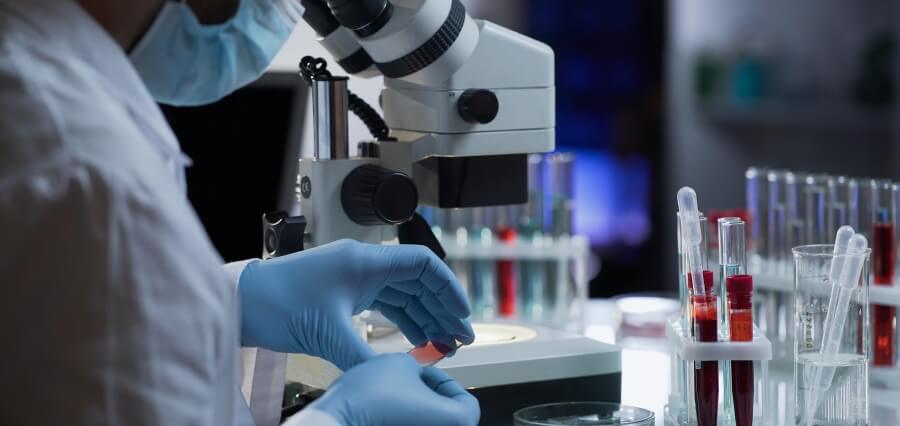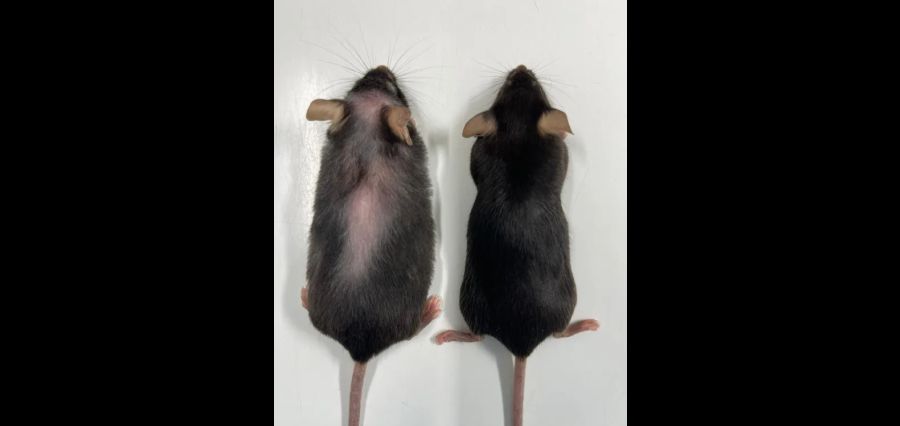A recent study suggests a groundbreaking blood test that could forecast dementia up to 15 years before diagnosis. Researchers identified 11 proteins in the blood that could potentially indicate the likelihood of developing the disease with up to 90 percent accuracy.
Experts noted that the new extensive study, encompassing over 50,000 individuals from Britain, contributes to the “growing body of evidence” supporting the potential use of blood tests in predicting dementia. Professor Jianfeng Feng, leading the research at the University of Warwick, highlighted that AI-assisted testing could be employed for screening Britons in mid- to late-life in the future. He suggested, “This model could be seamlessly integrated into the NHS and utilized as a screening tool by GPs.” Currently, approximately 944,000 individuals in Britain are living with dementia, and projections indicate that this number will surpass one million by the end of the decade.
Alzheimer’s disease, the most prevalent form of dementia, is believed to stem from the accumulation of proteins in the brain, including tau and amyloid. Presently, there is no cure for the disease, although promising drugs aimed at slowing its progression are undergoing trials and are nearing approval in the UK, according to experts. Recent trial findings, released in January, demonstrated that a blood test could potentially predict the likelihood of dementia based on individuals’ levels of a protein called p-tau217, categorizing it as “likely,” “intermediate,” or “unlikely.” While no blood tests for dementia are currently validated for use in the UK, funding from Alzheimer’s Research UK and Alzheimer’s Society supports research aimed at advancing their utilization within the NHS.
Read More: Click Here








